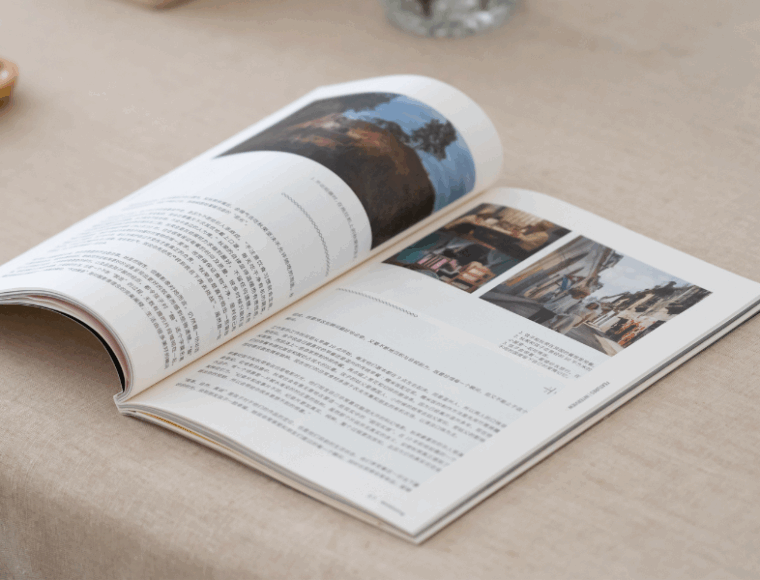


Browse Our Newsletter
Healing Systems, Not Just People: Healing Health Inequalities
Read more

2024 is shaping up to be another year of turbulence and uncertainty. Whilst elections and global conflicts will likely dominate the news agenda, here are 5 changes we would like to see across the health, social care and criminal justice sectors.
“Freedom is therapeutic” was the mantra in Trieste, where famously they closed down all the asylums and invested in a model of mental health built on the principles of community integration and person-centred care; delivering significantly better health outcomes at a third of the cost.
In Britain, our reliance on secure settings in mental health and criminal justice is excessive, expensive and largely ineffective, whilst the evidence base for the impact of community alternatives grows stronger by the year. It will take bravery and leadership, but a culture shift where prisons and secure wards are used only for the highest needs or most serious offences, and we invest more in robust community provision could pay huge dividends financially, whilst crucially cutting reoffending and relapses. With systems stretched to breaking point there may never be a better opportunity.
The value of lived experience in shaping and improving services is indisputable, however in practice its role is often limited to the ‘tick-box’ and tokenistic. People who have been on the receiving end of services don’t just add value in terms of advising on the operational mechanics, they can also offer invaluable insight on how to shape the culture of service delivery so that they are welcoming and inclusive and avoid the pitfalls of stigmatising and ‘othering’.
There is plenty of research and best practice literature available in involving ‘experts by experience’ in policy and decision-making and with the changes to procurement regulations now is the time to ensure lived experience has a role in the commissioning of services, both in specification design and provider selection. Furthermore commissioning bodies and statutory services should be leading the way in ensuring lived experience has a place at the top tables; including on executive committees and departmental boards.
The plight of people having to tell their stories again and again is a familiar one in our sector. This is particularly acute for people with multiple and complex needs who may be engaged with numerous different services and professionals, and for those who have experienced violence and abuse where every assessment can be re-traumatising.
Technology continues to advance at rapid pace but our ability to innovate when it comes to information sharing remains stunted. Of course there are issues like GDPR and patient confidentiality that need careful consideration but the current siloed practice and processes are not working for anyone, and a more efficient system would benefit providers and those receiving services alike.
“Dual diagnosis is used as an escape route for people to not meet their responsibilities”, we heard in one of our services last month. Whilst progress has been made in some locations, support remains patchy and it beggars belief that substance misuse can be used as an exclusion criteria to access mental health support when the two so often go hand-in-hand.
Up and down the country there are many fantastic examples of good practice from both statutory and VCSE services (feel free to contact us for more info). What is needed above all is a change in attitudes that treats each individual as unique and doesn’t seek to play different areas of need off against each other.
Our housing crisis is so overwhelming and so well-documented that it has almost become an excuse in itself for not trying to support our most vulnerable into longer-term, sustainable accommodation. With election year will come the inevitable housebuilding targets achievability debate, but this also offers the chance for policymakers to think big and bold.
There are plenty of innovative examples from home and abroad, each of which could help alleviate the current inertia. These include community led housing co-operatives, the ‘Grow Home’ model, community self-build initiatives, ‘Pocket Homes’, rooftop projects, and legislative changes to utilise empty properties. There is no silver bullet to fix our housing crisis so we must be creative and consider all options.